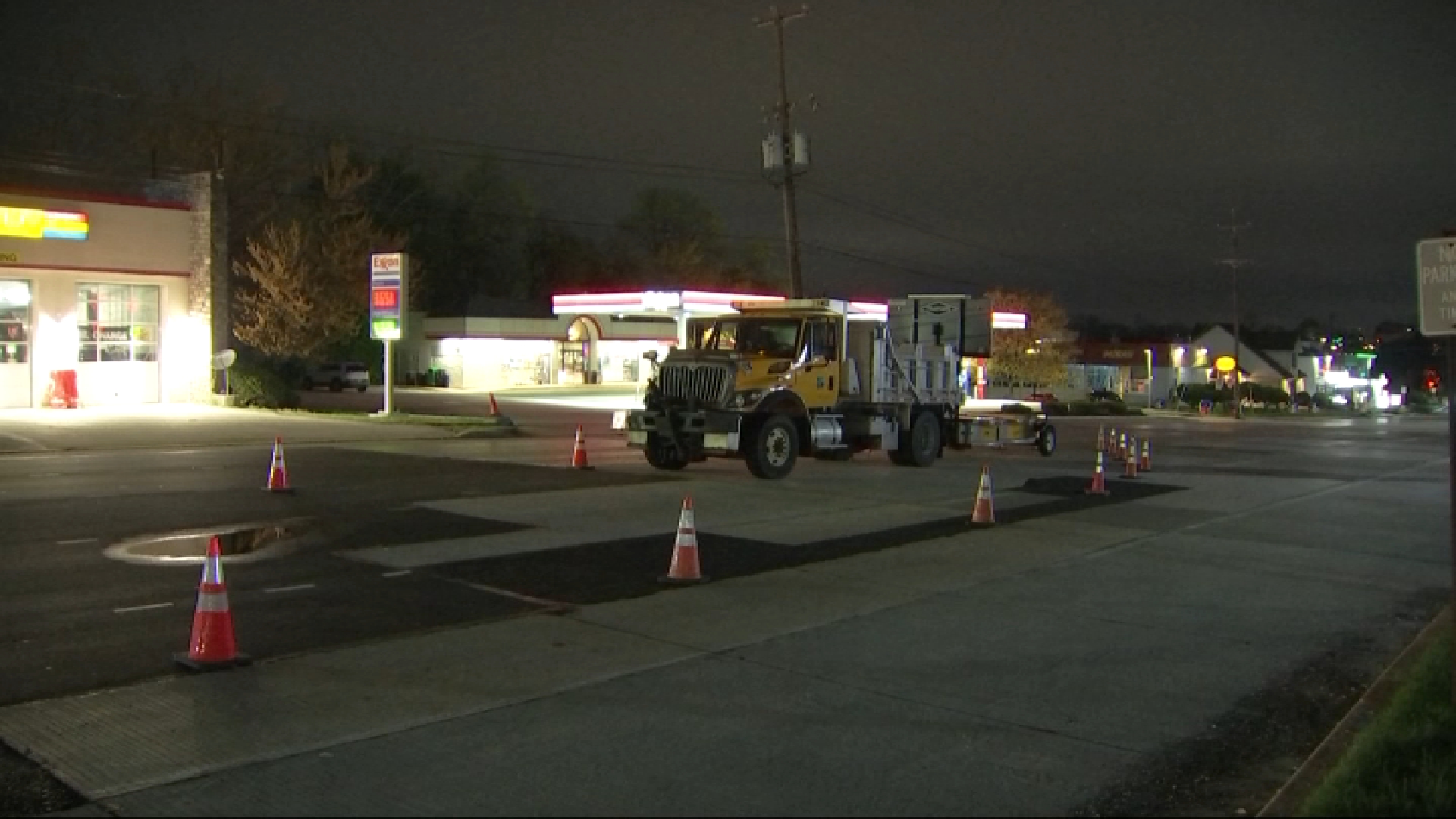Gov. Chris Christie's new proposal to move New Jersey's lottery revenues to the state's underfunded pension is being met with interest and skepticism.
Christie unveiled the plan with few details on Tuesday as part of his $35.5 billion budget — his last as governor. He said it's an effort to shore up the state pension, which carries billions in unfunded liabilities after years of underpayment by Democratic and Republican governors and legislatures.
Democrats who control the Legislature said they would review the idea, but also criticized it.
"It just sounds like to me smoke and mirrors," said Assembly Speaker Vincent Prieto.
The proposal centers on contributing lottery revenues to what Christie called eligible pension plans — the state oversees a number of funds including teacher, public worker and police and fire. It's unclear which funds would be eligible and how much of the lotteries revenues would be shifted. Over the last several fiscal years the lottery's proceeds have topped $900 million.
The problem, Prieto said, is if all the state's revenue from the lottery serves as an asset to decrease the pension's unfunded ratio, then what happens to the programs the lottery funds, he asked.
"When you take an asset that actually has constitutional responsibilities and taking that net worth and use it for unfunded liability. It sounds good, but does it really do that?" he said, "Now you have that hole in your budget."
Local
Breaking news and the stories that matter to your neighborhood.
The lottery was established by a constitutional amendment in 1969. Proceeds go to a handful of state departments for various programs, including education, veterans affairs and human services. Specifically the lottery funds a school for the deaf, nonpublic school aid, school construction, higher education tuition grants and housing for disabled members of the armed forces.
"The question of course is what happens to annual requirements?" said Democratic Assembly Budget Committee Chairman Gary Schaer. "It's an annual 800 to $900 million dollar requirement and it statutorily must be given. So again more questions than answers."
Christie's office said he would be meeting with stakeholders soon on the idea, but did not offer further details. The governor said the move would please investors and credit-rating agencies, which have downgraded New Jersey's scores 10 times over seven years. At least one other state — Indiana — uses lottery proceeds toward public pensions. Indiana's lottery dedicates $30 million to police and fire pensioners and another $30 million to teachers.
Senate Democrats also raised questions and committed to review the proposal.
"We're not shouting it down for one reason: It could be a good idea," Senate President Steve Sweeney said.
The pension and how to deal with it has been a huge factor in New Jersey, dominating much of Christie's two terms and likely to be part of his legacy. At the moment, public unions give him low grades, and Christie used part of his annual budget address Tuesday to point out his administration paid more to the pension than the last five governors combined.
"There is no question that this administration has been the most focused in our state's history on shoring up our pension system," Christie said.
The two-term Republican is set to leave office in January, and the proposed $35.5 billion spending blueprint is his last. The current fiscal year ends June 30. [[238427591, C]]



